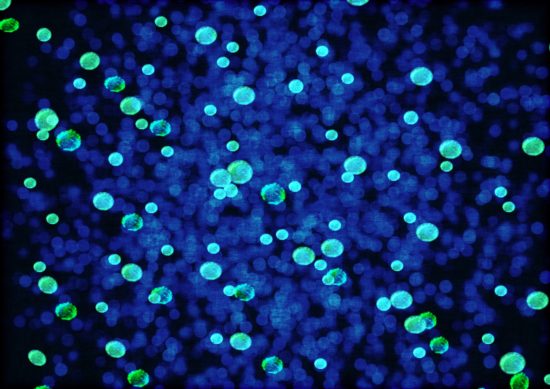Practical nanozymes discovered to fight antimicrobial resistance
Nanozymes, a group of inorganic catalysis-efficient particles, have been proposed as promising antimicrobials against bacteria. They are efficient in killing bacteria, thanks to their production of reactive oxygen species (ROS).
Despite this advantage, nanozymes are generally toxic to both bacteria and mammalian cells, that is, they are also toxic to our own cells. This is mainly because of the intrinsic inability of ROS to distinguish bacteria from mammalian cells.
In a study published in Nature Communications, the research team led by Xiong Yujie and Yang Lihua from University of Science and Technology (USTC) of the Chinese Academy of Sciences (CAS) proposed a novel method to construct efficient-while-little-toxic nanozymes.
AMR NEWS
Your Biweekly Source for Global AMR Insights!
Stay informed with the essential newsletter that brings together all the latest One Health news on antimicrobial resistance. Delivered straight to your inbox every two weeks, AMR NEWS provides a curated selection of international insights, key publications, and the latest updates in the fight against AMR.
Don’t miss out on staying ahead in the global AMR movement—subscribe now!






